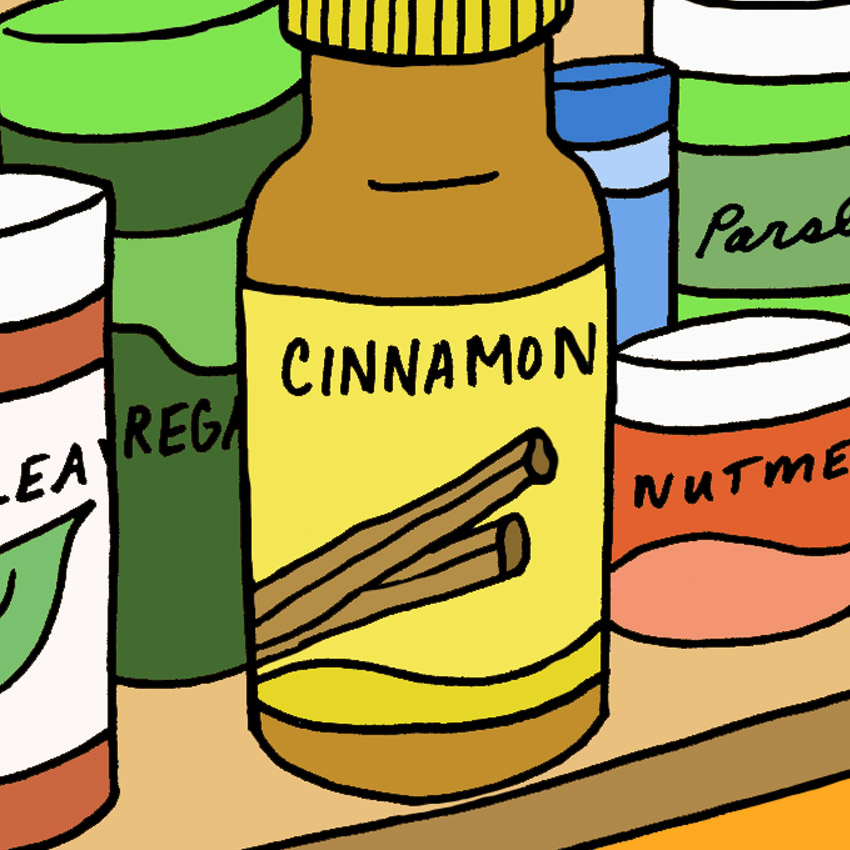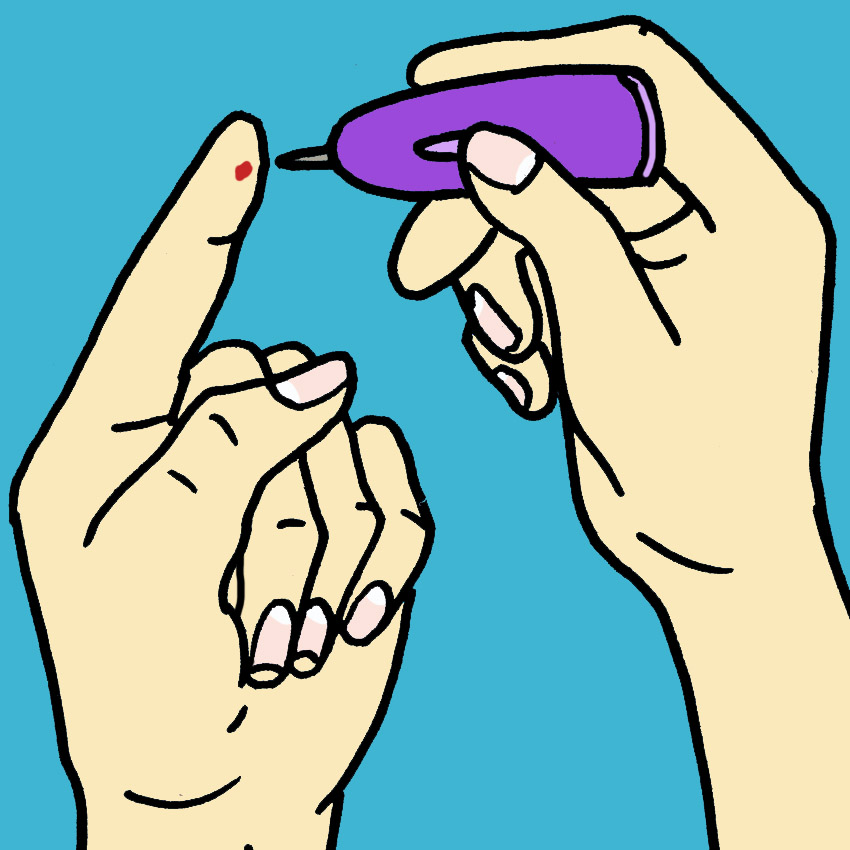One of my favorite desserts is apple pie — but it took me a long time to realize that what I actually love so much about that sweet treat is the cinnamon.
Cinnamon, a common household spice, has been used to season food for centuries — especially desserts.
The warming spice is often used in baking, but it's also used in curries, teas, and other meals. Cinnamon sugar is a particular favorite for people everywhere, perfect for french toast, waffles, and sticky buns.
According to Medical News Today, cinnamon has been eaten by people since at least 2000 BC, when ancient Egyptians considered it a prized substance. Later, in medieval Europe, doctors used the spice to treat medical conditions, including sore throats, coughing, and arthritis.
Today, people still use cinnamon to treat ailments — and there are actually some incredible health benefits of cinnamon.
If you love the sweet and spicy flavor cinnamon provides, you need to learn more about the health benefits of cinnamon.
What Is Cinnamon?

Before you learn more about the health benefits of cinnamon, you should know what exactly cinnamon is.
The BBC explains that cinnamon comes from the inner bark of a type of evergreen tree.
Once the inner bark has been peeled off, it is laid in the sun to dry — this is what makes it curl up into rolls.
Types Of Cinnamon

There are two types of cinnamon: Cassia and Ceylon.
Ceylon cinnamon is often considered "true cinnamon," and it comes from a plant that originates in Sri Lanka.
The other type of cinnamon, Cassia, originates in China and is sold more than Ceylon in the United States.
WebMD explains that, often, cinnamon that you buy at the store may contain both Ceylon and Cassia.
Cinnamon Nutritional Facts

According to Dr. Axe, one tablespoon of ground cinnamon includes the following:
- 0 grams of fat
- 0 grams of sugar
- 0 grams of protein
- 4 grams of fiber
- 19 calories
- 3% of daily vitamin K
- 4% of daily iron
- 8% of daily calcium
- 68% of daily manganese
Forms Of Cinnamon

Cinnamon comes in many different forms. Most people know that cinnamon comes either in stick form or ground-up — these are the types we most commonly use in the kitchen.
In addition to ground and stick cinnamon, it also comes in tea form, capsule form, and extract form.
Cinnamon tea, pills, and extracts are not traditionally used for seasoning, but instead used for medicinal benefits.
Health Benefits Of Cinnamon

According to the National Center for Complementary and Integrative Health, cinnamon has long been used as a traditional form of medicine.
Today, people use it for a variety of health benefits, including:
- appetite loss
- gastrointestinal problems
- diabetes
- high cholesterol levels
- muscle spasms
- diarrhea and vomiting
- infections
- erectile dysfunction
- the common cold
Health Benefit #1: Antioxidants

Cinnamon is a wonderful spice because it's loaded with antioxidants, including polyphenols.
Antioxidants protect our bodies from free radicals, which damage the body and speed up the aging process.
According to Rice University, antioxidants fight cell damage, thus also fighting aging, cancer, and a variety of diseases.
Health Benefit #2: Fights Diabetes

One of the common health claims regarding cinnamon is that it fights diabetes.
WebMD explains that Cassia cinnamon contains chemicals that can improve insulin sensitivity and other chemicals, which may improve blood sugar control.
And according to Authority Nutrition, cinnamon can decrease the amount of glucose in the bloodstream. There is also a compound in cinnamon that mimics insulin.
Health Benefit #3: Protects Heart Health

A study published in Diabetes Care found that cinnamon intake can lead to lower LDL cholesterol and total cholesterol levels.
Another study published in The Annals of Family Medicine found that cinnamon raised HDL (the "good" cholesterol) levels.
Other studies have shown that cinnamon can reduce blood pressure. When combined with lower total cholesterol, lower LDL levels, and higher HDL levels, this can have a large impact on the heart.
Health Benefit #4: Anti-Inflammatory Properties

Inflammation is the way our bodies fight infections and repair tissue damage, but too much inflammation can be problematic.
The Cleveland Clinic explains that chronic inflammation can cause discomfort and can even trigger disease processes.
The antioxidants in cinnamon can act as anti-inflammatories, which can lower swelling and decrease inflammation.
According to a study in Food & Function, cinnamon can help with the pain related to PMS, allergic reactions, muscle soreness and more.
Health Benefit #5: Naturally Freshens Breath

Anytime you realize you have smelly breath, you might reach for a mint or a piece of gum.
Gum comes in many flavors, including mint, bubble, fruity flavors, and even cinnamon.
Instead of reaching for a piece of cinnamon gum next time your breath gets a little stale, opt for some natural cinnamon instead.
A study in Evidence-Based Complementary and Alternative Medicine found that cinnamon can also fight the oral bacteria that cause tooth decay and cavities.
Health Benefit #6: Fights Infection And Viruses

When it comes to infections and viruses, cinnamon is a superfood. Cinnamon is an antibiotic, antifungal, antimicrobial, and antiviral agent.
The Journal of Traditional Chinese Medicine explains that cinnamon's essential oils have immune-boosting abilities and are also able to fight against bacteria.
Health Benefit #7: Supports Skin Health

For the same reasons that cinnamon fights infections and viruses, it can also benefit your skin health. The antibiotic and antimicrobial effects also help fight skin irritation and rashes.
Putting cinnamon essential oil directly on irritated skin can reduce redness, inflammation, swelling, and pain.
If you love cinnamon, please SHARE this article with your friends!




